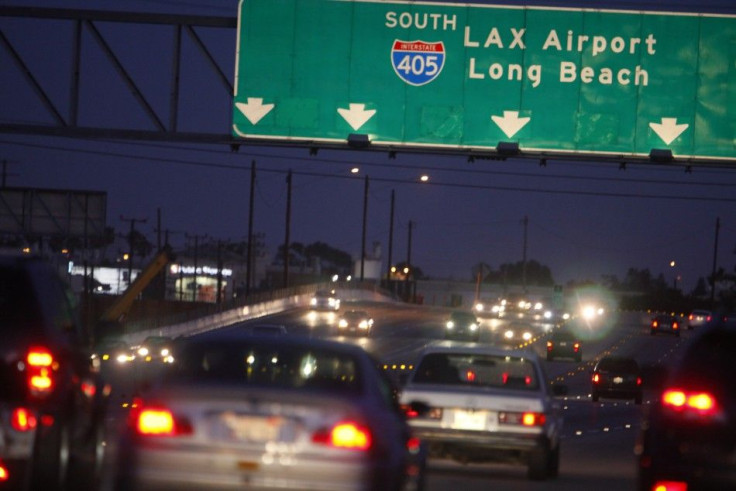Can the U.S. Congress do Anything to Create Jobs?
Analysis

It's a hard statistic to comprehend, but the United States is short a staggering 14 million jobs, amid a 9.1 percent unemployment rate.
What's more, the figure is closer to 20 million if you count the number of Americans working part-time who want full-time work, but cannot find it.
Some commentators will argue that there's nothing the U.S. Government can do to create jobs, but don't believe that statement for a moment.
If the U.S. Congress says "build the U.S. Navy an aircraft carrier," presto: In about a year or so an aircraft carrier will appear, such as the USS Ronald Reagan.
Further, there's plenty of work to be done in these United States and millions of talented, hard-working citizens who are willing to do it.
Here are three potential job creating ideas that the U.S. Congress could implement quickly to put Americans back to work:
1. Infrastructure Rebuilding - Highways, Roads, Bridges. The nation's infrastructure is in a state of disrepair. The U.S. will probably experience more highway bridge collapses like the one that occurred in Minneapolis in 2007, which killed 13 people and injured 145. The nation must rebuild and expand its infrastructure to meet the commerce demands of the 21st Century. Cost: $500-750 billion.
2. Increases in Funding to Secondary Schools, Community Colleges - Congress could establish a special federal education fund to both decrease class size and increase the capacity of community colleges -- the latter of which could serve as a critical re-training resource for the tens of millions of Americans who will need to be re-trained to obtain the skills required for the technology-based 21stcentury U.S. economy. Cost: $200-250 billion.
3-Smart Grid/Electric Grid/Internet - Speaking of technology, if Congress deploys federal funds to build a smart grid, the nation will become more energy-efficient. Further, the electric grid needs to be expanded as well, given the fact that a simple heat wave in the summer tends to strain the grid. And expanding broadband access to universal status can only make the economy more efficient and increase job opportunities to those who presently lack it. Cost: $150-$250 billion.
© Copyright IBTimes 2025. All rights reserved.





















